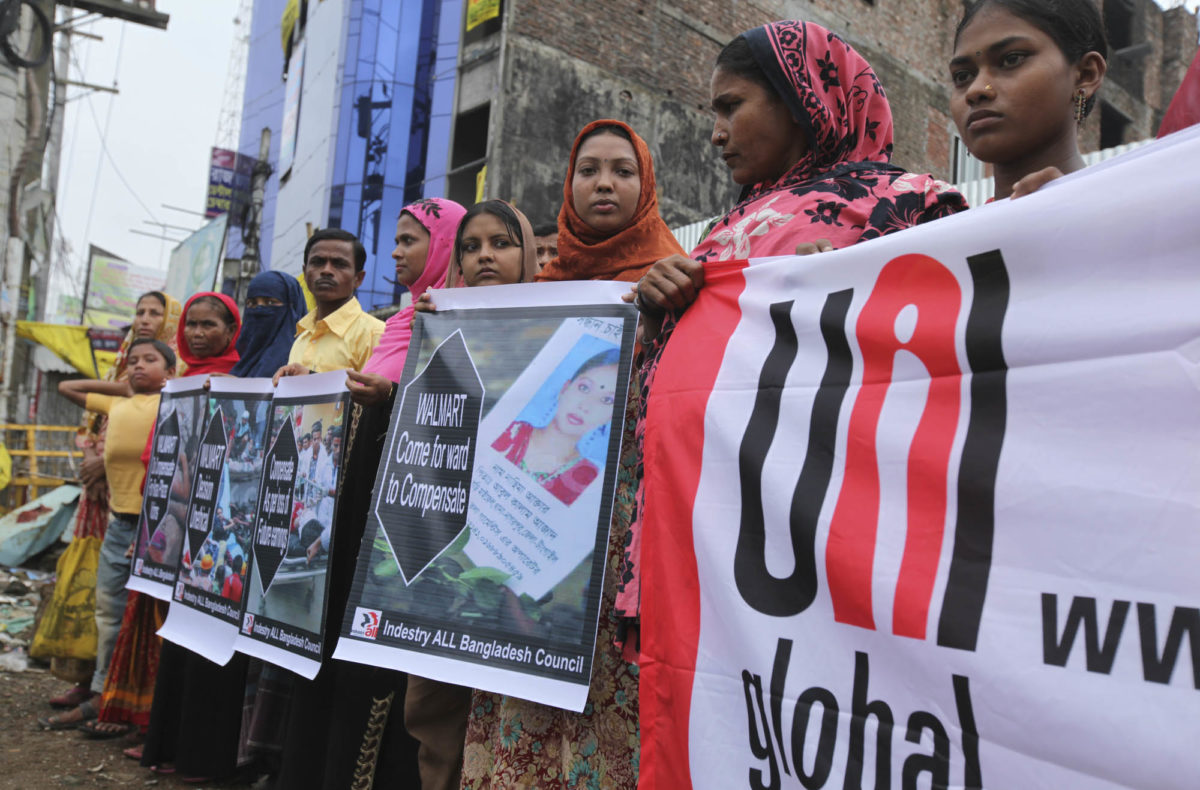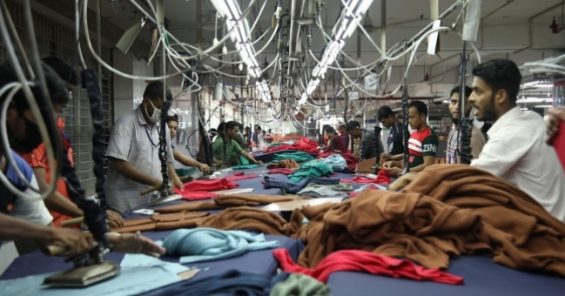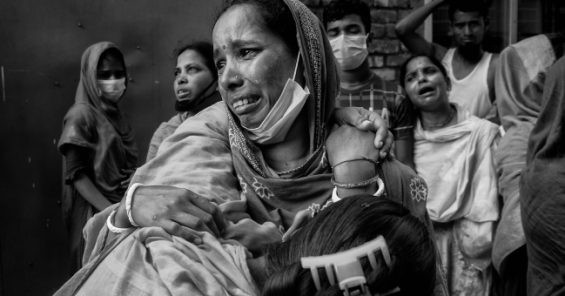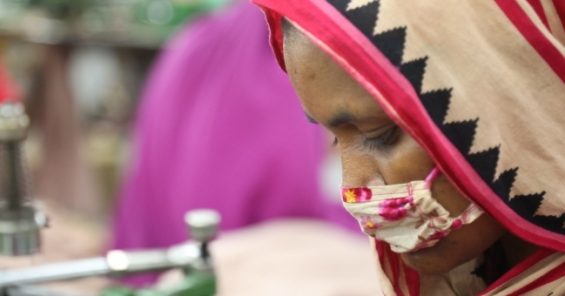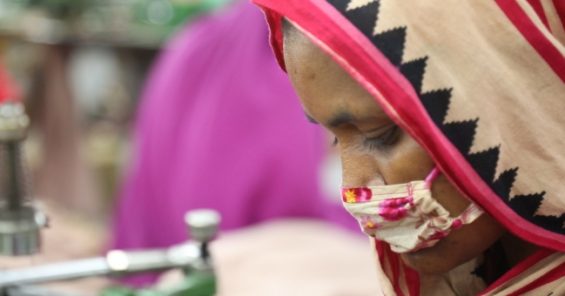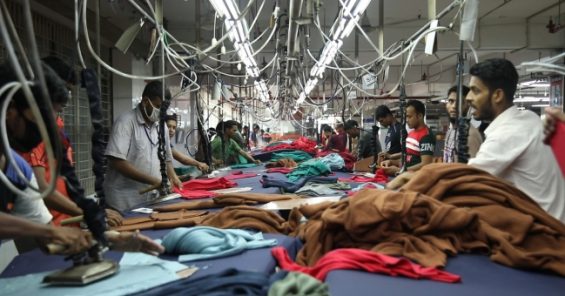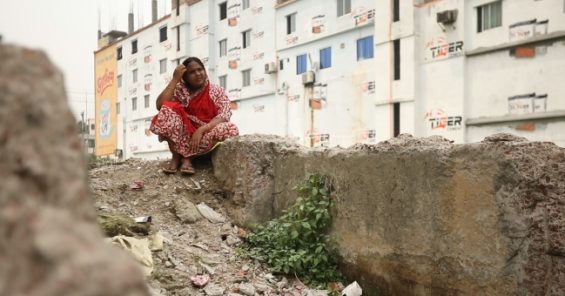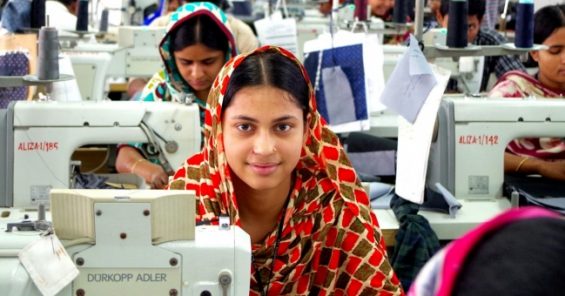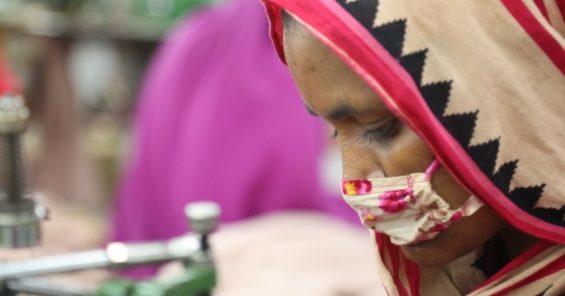The Bangladesh Accord: Ensuring safe jobs for millions of garment workers
In response to the 2013 Rana Plaza factory collapse that killed more than 1,100 workers and injured over 2,000, UNI Global Union and IndustriALL negotiated the ground-breaking, legally binding Bangladesh Accord with clothing brands using Bangladeshi factories.
Ultimately, over 200 brands signed the 2013 agreement, and its 2018 renewal, securing safer jobs for over two million factory workers in Bangladesh.
Lauded as “the most effective campaign of the globalized era,” the Bangladesh Accord revolutionized safety in the Bangladeshi garment industry. It established an independent body to inspect factories and set timelines for correcting occupational hazards. Factories that did not follow the inspection and remediation requirements were ineligible to produce for Accord signatories, which include some of the largest fashion labels in the world.
These brands are responsible for ensuring that factories have adequate resources for repairs. When two retailers refused to pay their fair share for remediations, the global unions launched arbitration proceedings and secured substantial settlements to be put towards the cost of repairs.
As a result of the Bangladesh Accord, workers and unions now have the right to refuse unsafe work, the right to report a safety issue without fear of reprisal, and the right to join a union. Over 1.8 million workers have been trained in workplace safety, directly leading to thousands of worker-led hazards being identified and fixed.
The International Accord: A new chapter for worker safety in the industry
In September 2021, the global unions completed negotiations for the International Accord, which replaces and expands the 2018 commitments. While the mechanisms and requirements of the Accord in Bangladesh remain the same, the inspection functions have been transferred to the tri-partite Ready Made Garments Sustainability Council, (RSC), which also includes representatives of the industry.
Additionally, the agreement commits brands and retailers to expand the factory safety programme into other garment-producing countries. With almost 200 signatories, the International Accord has proven that the model of the Accord is durable and credible.
